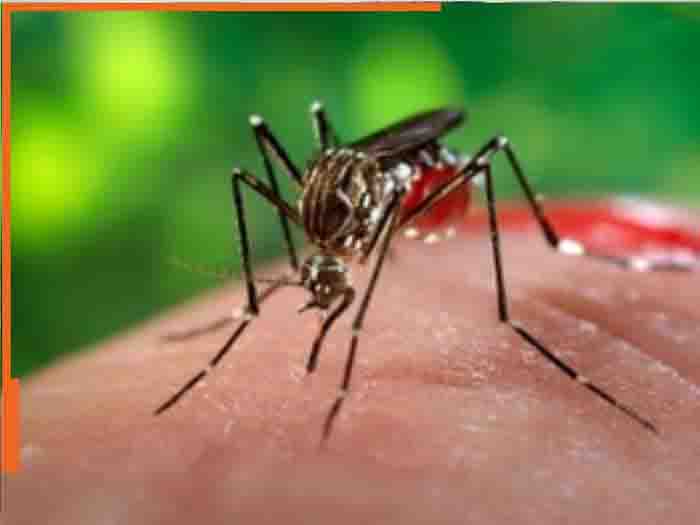
India has made significant progress in reducing malaria cases and mortality, according to the latest World Malaria Report released by the World Health Organisation (WHO) on Wednesday. Malaria is a deadly disease that is transmitted to humans by female Anopheles mosquitoes. It is preventable and treatable.
69 percent decline-
The report showed that the number of estimated malaria cases in the country fell from 6.4 million in 2017 to 2 million in 2023, a drop of 69 percent. The estimated number of malaria deaths also fell from 11,100 to 3,500 during the same period, a reduction of 68 percent.
WHO said, “India has officially exited the High Burden to High Impact (HBHI) group in 2024. The HBHI approach is a targeted malaria response used to accelerate the pace of malaria elimination in many high-burden countries. India joined the HBHI initiative in July 2019.
The HBHI initiative was launched in four states of the country - Chhattisgarh, Jharkhand, Madhya Pradesh and West Bengal. Apart from this, the report showed that half of the estimated malaria cases in the WHO South-East Asia region in the year 2023 were from India. It is followed by Indonesia, which has a share of about one-third.
In 2023, the region had eight malaria-endemic countries, with 4 million cases and accounting for 1.5 percent of global malaria cases. About 48 percent of all estimated cases in the region were caused by the parasite Plasmodium vivax.
These figures came out in the report-
However, the report said that globally, malaria cases declined by 82.4 percent from 2000 to 2023. Their number was 2.28 crore in the year 2000, the rate of malaria in the at-risk population also decreased by 87 percent from 1.77 percent in the year 2000 to 0.23 percent during this period.
WHO said, “This reduction is mainly due to a reduction of 1.77 crore estimated cases in India and the number of cases per 1000 at-risk population falling from 20 to 1.5, which represents a reduction of 93 percent.”
The report said that about 88 percent of the total malaria deaths projected in the region in 2023 were recorded in India and Indonesia. Bhutan and Timor-Leste in the region have not reported any malaria deaths since 2013 and 2015 respectively, while Sri Lanka was declared malaria-free in 2016.
World Health Organisation (WHO) Regional Director for South-East Asia, Saima Wazed, said this progress is in line with the highest ever political commitment by Member States, matched by years of concrete actions and tireless efforts down to the sub-national level.
World Health Organisation data show that an estimated 2.2 billion cases of malaria and 12.7 million deaths were averted since 2000, but the disease remains a serious global health threat, particularly in the World Health Organisation's African Region.
In the year 2023, 263 million cases of malaria were reported worldwide, which is 1.1 million more than in 2022. Along with this, 5,97,000 deaths also occurred. WHO Director-General Dr. Tedros Adhanom Ghebreyesus said, "An expanded package of life-saving tools now provides better protection against the disease, but investments and measures are needed to accelerate to reduce the threat in high-burden countries."

 Share
Share






